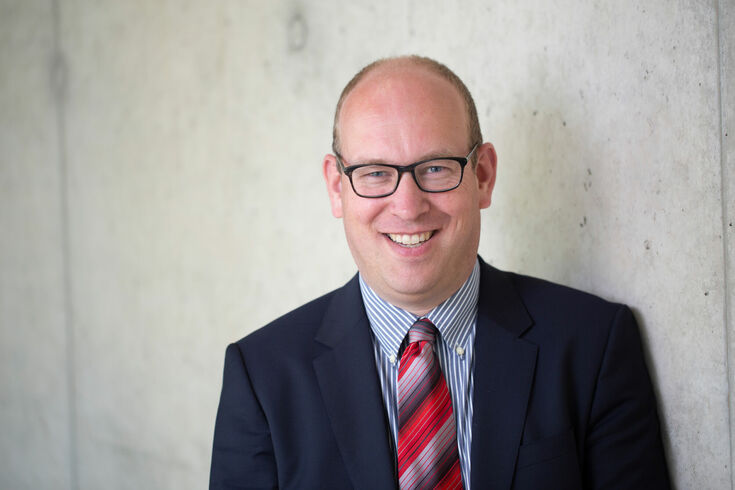Krefeld/Mönchengladbach. The Hochschule Niederrhein acquired around 13.9 million euros in third-party funding in 2022. Of this, 12.6 million euros went to the areas of research and transfer and 1.3 million euros to teaching education. In 2021, the university had set a new record with 23.3 million euros.
"After achieving an absolutely outstanding result last year, we achieved a good result in 2022. If we look at the last ten years, we are above average with the result for 2022," says Professor Dr. Dr. Alexander Prange, Vice President for Research and Transfer at the Hochschule Niederrhein.
The average of third-party funds raised over ten years is 12.56 million euros. The result was particularly good in 2017 (20.1 million) and 2021 (23.3 million). In the years 2013 to 2015, the total of third-party funds raised was still less than eight million euros.
The largest share of third-party funding in 2022, around 12.8 million euros, comes from the 44 publicly funded projects. The European Union, the federal government and the state of North Rhine-Westphalia are the funding sources. Private-sector partners contributed 1.1 million euros to 56 projects.
Vice President Prange emphasizes: "Small and medium-sized enterprises are our most important partners, especially in the publicly funded projects, for example as joint partners.
The largest share of the total sum is accounted for by the LearnGreenAI project in the Faculty of Electrical Engineering and Computer Science. Around 1.5 million euros will flow from the German Federal Ministry of Education and Research (BMBF) to establish a computing infrastructure for applications in the field of artificial intelligence. Almost 1.4 million euros have been raised for the I2DACH project. With the help of automation and artificial intelligence, researchers from the Faculties of Chemistry and Electrical Engineering/Computer Science aim to support the development of new paints and coatings. For small and medium-sized enterprises in the region, this is intended to show a more efficient and resource-saving way of developing new products.
In the area of teaching education, the largest share went to the Edu4SmartTex project, which is sponsored by the German Academic Exchange Service (DAAD). Just under one million euros is being provided for the development of a double degree bachelor's program in the field of smart textiles/textile electronics. The partner universities are located in Boras (Sweden), Hasselt (Belgium) and Bandung (Indonesia).
In addition to the research and transfer projects, there were a total of 61 ongoing cooperative doctorates with partner universities in 2022.


















